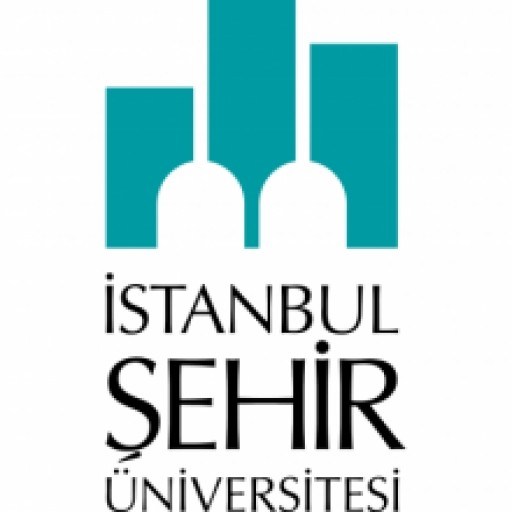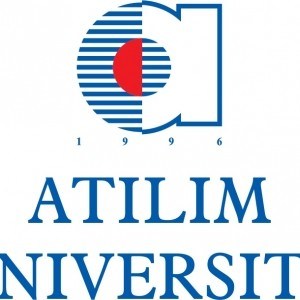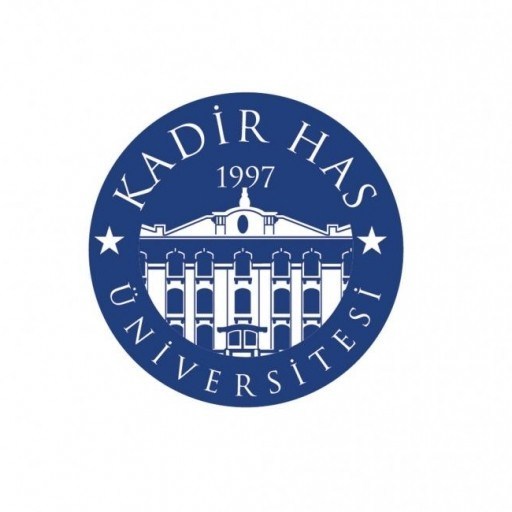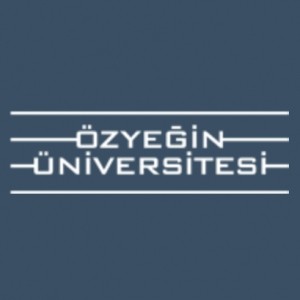Photos of university / #sabanci_university
Industrial Engineering at Sabancı University is a multidisciplinary program designed to equip students with the foundational knowledge and practical skills necessary to optimize complex systems and processes across various industries. The curriculum combines principles from engineering, management, and social sciences to provide a comprehensive understanding of how to improve efficiency, productivity, and quality in manufacturing, healthcare, logistics, and service sectors. Students are expected to develop a strong analytical mindset, problem-solving abilities, and proficiency in quantitative methods, operations research, data analysis, and information systems.
The program emphasizes a hands-on learning approach through laboratory work, industry projects, and internships that prepare graduates to meet the real-world challenges of today's dynamic business environment. Faculty members are engaged in cutting-edge research that continuously enriches the educational content, ensuring students are exposed to current advancements and innovative practices in the field. Sabancı University’s strong ties with industry partners facilitate opportunities for students to engage in collaborative projects, internships, and networking events, fostering a seamless transition from academia to the professional workplace.
Graduates of the Industrial Engineering program at Sabancı University will be well-equipped to pursue careers in areas such as supply chain management, quality assurance, process engineering, systems analysis, and data analytics. They will also have a solid foundation to continue their education in graduate programs or specialized fields. The program aims to develop not only technical competence but also leadership, communication, and ethical decision-making skills, preparing students to be innovative and responsible professionals who can contribute to the advancement of technology and society.
Industrial Engineering at Sabancı University offers a comprehensive curriculum designed to equip students with the skills and knowledge needed to optimize complex processes, systems, and organizations. The program emphasizes a multidisciplinary approach, integrating engineering principles with management theories, data analysis, and technology. Students will explore core subjects such as operations research, production planning, quality control, supply chain management, ergonomics, and systems simulation. The curriculum also includes courses on statistical analysis, quantitative methods, and computer-aided decision-making tools to enhance analytical and problem-solving abilities.
Throughout their education, students will engage in hands-on projects, internships, and collaborative research that foster practical experience. The program encourages innovation and entrepreneurial thinking, preparing graduates to succeed in diverse industries including manufacturing, logistics, healthcare, finance, and consulting. Emphasis is placed on developing skills in data-driven decision-making, process improvement, and technology integration.
Sabancı University's strong focus on research and industry collaboration ensures that students stay up-to-date with the latest advancements in the field. The program aims to produce well-rounded professionals capable of analyzing complex systems, designing efficient processes, and leading initiatives that create value. Graduates will be equipped with both technical expertise and leadership skills, enabling them to contribute effectively to organizational success and continuous improvement.
The curriculum also offers elective courses that allow students to specialize in areas such as supply chain logistics, manufacturing systems, safety engineering, or healthcare systems, tailoring their education to specific career interests. Additionally, the program promotes the development of communication, teamwork, and ethical decision-making skills, preparing students to work successfully in diverse, global environments. Upon graduation, students will have a solid foundation for lifelong learning and a competitive edge in the dynamic field of industrial engineering.
Program Requirements: The Bachelor's Degree Program in Industrial Engineering at Sabancı University requires students to complete a total of 240 ECTS credits over the course of their undergraduate studies. The curriculum is structured to include core courses, elective courses, and practical applications to provide a comprehensive understanding of industrial systems, operations research, production, quality management, and human factors engineering. Students are expected to acquire a solid foundation in mathematics, physics, computer science, and engineering principles in the initial semesters. This foundation is built upon advanced courses in manufacturing systems, supply chain management, decision analysis, and optimization techniques. Additionally, students must complete a capstone project that integrates their learning and demonstrates their ability to solve complex engineering problems in real-world scenarios. The program emphasizes interdisciplinary learning, encouraging students to take courses across different engineering disciplines and social sciences. Practical experience is facilitated through internships, laboratory work, and cooperative education programs. To graduate, students are also required to participate in seminars, workshops, and team projects to enhance their communication and teamwork skills. The program aims to prepare graduates for careers in manufacturing, logistics, consulting, and technology development, as well as for graduate studies. Admission to the program typically requires successful completion of the relevant secondary education qualifications and meeting Sabancı University's entrance criteria. The program is designed to be completed within four years, with opportunities for students to engage in international exchanges and research activities, further enriching their educational experience.
The Industrial Engineering undergraduate program at Sabancı University offers a comprehensive financing structure designed to support students throughout their academic journey. The university provides a range of scholarship options, including merit-based scholarships awarded to high-achieving students based on academic performance, standardized test scores, and entrance exam results. These scholarships often cover partial or full tuition fees, significantly reducing the financial burden for successful applicants. Additionally, Sabancı University participates in national scholarship programs such as Türkiye Scholarship, which provides financial aid, accommodation support, and stipends to eligible students, ensuring access to higher education for students from diverse backgrounds.
The university also offers need-based financial assistance, targeting students who demonstrate financial hardship, thereby promoting equal opportunity for education. This support may include tuition fee reductions, monthly stipends, and emergency aid, contingent upon the applicant’s financial evaluation. International students enrolled in the Industrial Engineering program may benefit from specific scholarship schemes designed for international students, which can include tuition waivers and living stipends, facilitating their integration into university life.
Apart from scholarships, Sabancı University encourages external funding opportunities like student loans, some of which are provided in partnership with national banks and financial institutions, offering favorable terms and repayment conditions. Work-study programs are also available, allowing students to work part-time on campus or with university affiliates while earning income to offset personal expenses without significantly impacting their academic commitments.
Furthermore, the university ensures transparency and accessibility of financial information, with dedicated offices providing counseling and guidance on application processes for scholarships, loans, and other funding sources. The comprehensive financing options aim to make education at Sabancı University accessible and affordable, fostering academic excellence and inclusive participation for all qualified students in the Industrial Engineering program.
Industrial Engineering at Sabancı University offers a comprehensive and innovative education designed to prepare students for the dynamic challenges of modern industry and technology sectors. The program focuses on the development of technical, analytical, and managerial skills necessary to design, operate, and improve complex systems. Students are provided with a solid foundation in mathematics, engineering sciences, and core industrial engineering principles, enabling them to analyze, optimize, and innovate processes across various industries. The curriculum emphasizes interdisciplinary learning, integrating concepts from computer science, operations research, data analysis, supply chain management, and systems engineering to equip graduates with a broad skill set adaptable to numerous career paths.
Throughout the program, students engage in hands-on projects, laboratories, and internships that facilitate practical understanding and real-world problem-solving experience. Sabancı University’s close ties with industry partners enable students to collaborate on projects that reflect current market needs, fostering innovation and entrepreneurship. The faculty comprises experienced academics and industry professionals committed to quality education and research, ensuring that students stay abreast of technological advancements and industry trends. The university promotes a research-oriented environment, encouraging students to undertake research projects, participate in seminars, and contribute to academic publications. Degree graduates are well-prepared for careers in manufacturing, logistics, consulting, healthcare, and technology sectors, or for pursuing advanced studies. The program aims to produce responsible, innovative, and adaptable engineers capable of addressing complex challenges and leading sustainable solutions in their respective fields.







